Otomo Yoshihide - Guitar Solo (2015) CD-Rip
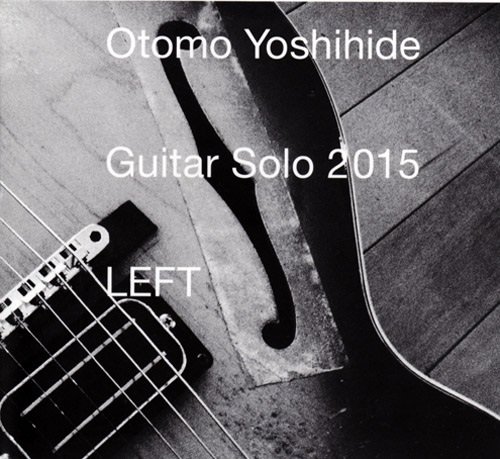
Artist: Otomo Yoshihide
Title: Guitar Solo
Year Of Release: 2015
Label: Doubt Music
Genre: Jazz
Quality: Mp3 320 kbps / FLAC (tracks+.cue, log)
Total Time: 54:18 min
Total Size: 125 / 237 MB
WebSite: Album Preview
Tracklist:Title: Guitar Solo
Year Of Release: 2015
Label: Doubt Music
Genre: Jazz
Quality: Mp3 320 kbps / FLAC (tracks+.cue, log)
Total Time: 54:18 min
Total Size: 125 / 237 MB
WebSite: Album Preview
01. Song for Che (Charlie Haden)
02. Lonely Woman (Ornette Coleman)
03. The Blue Kite (Otomo Yoshihide)
04. 街の灯 (Otomo Yoshihide)
05. 教訓 I (Ryo Kagawa)
06. 2020 Tokyo (Otomo Yoshihide)
In 1982 Masayuki Takayanagi, one of the greatest free jazz/improv guitarists, released an album of mainly covers played on solo electric guitar. Unlike many solo jazz guitar albums Takayanagi did not employ the chord/melody technique, where the guitarist can play a tune whilst accompanying themselves with chords giving a full harmonic rendition of a piece. Instead he recorded it just using the single melodic line of the tunes he chose to cover without any accompaniment, with this approach being used as the format for the whole album. The album being discussed, Lonely Woman, took its name from the classic Ornette Coleman tune that was the opening track on the album. Now a classic work in it’s own right the pieces that were covered (also including Charlie Haden’s “Song for Che”, another tune by Lee Konitz, a piece by Lennie Tristano, a folk tune and an original) were used as vehicles and jumping off points for Takayanagi’s spontaneous and extended melodic improvisations on solo electric guitar.
Now thirty-three years later Otomo Yoshihide releases Guitar Solo 2015 LEFT as a tribute to the great Takayanagi. Having acquired the guitar of his former teacher, Yoshihide pays honour to him by not only using this historic guitar to produce an album of solo improvisations but also taking in two of the pieces originally included on the Takayanagi album, both “Lonely Woman” and “Song for Che”.
Guitar Solo 2015 LEFT is anything but a re-hash of Takayanagi’s Lonely Woman, and although a former student of the great master, Yoshihide has taken his own course over his career path so far and he continues with his own style and way of playing throughout the six tracks on this album. On “Lonely Woman” he immediately takes more liberties with the tune, ornamenting it with improvised angular phrases and allowing the guitar to feedback on the long sustained tones, which he extends even further by allowing them to ring on. Utilising what some would consider a weakness of the Gibson archtop guitar, (it’s frequency to easily feedback), and turning it into a strength for his interpretation of the Coleman tune. On “Song for Che” he incorporates a low open string to act as a drone for the tune, therefore giving it a simple harmonic accompaniment, and carefully uses effects such as reverb and overdrive each time round on the tune to add a different colour to the sound. Yoshihide also utilises ringing chordal passages in his improvisations, which at times turn into noise based materials giving a much fuller sound spectrum than just the single melodic line.
There are also three originals and a reflective and introverted version of the anti-war song “Kyokun I” (translating as “Lesson One”) by Japanese folk singer Kagawa Ryo. “The Blue Kite”, a Yoshihide original, starts with a simple traditional style melody, using sustained tones, which gradually develops into something more ferocious and complex, with slashing chords and discordant notes. The other two tracks are short pieces, “Sono Machi No Kodomo” (The Town’s Children) a simple chord/melody piece, and “2020 Tokyo” a wild frenetic burst of feedback and activity.
There is a sentiment about this album that is partly a memorial for the late great Masayuki Takayanagi, whether through the choice of the covered tunes, the inclusion of extreme noise-based sounds, or the simple pieces that reflect the complexity of the majority of the music on the album. However, there is also a continuation, a will to carry on and forge something new, through the use of this historic guitar, the established forms that can be used for fresh ideas, and the simpler themes that present a strong contrast to what has gone before. Yoshihide’s Guitar Solo 2015 LEFT not only provides a meaningful homage to Takayanagi, but is also a musical critique on one of the most important past masters of free jazz guitar.
Now thirty-three years later Otomo Yoshihide releases Guitar Solo 2015 LEFT as a tribute to the great Takayanagi. Having acquired the guitar of his former teacher, Yoshihide pays honour to him by not only using this historic guitar to produce an album of solo improvisations but also taking in two of the pieces originally included on the Takayanagi album, both “Lonely Woman” and “Song for Che”.
Guitar Solo 2015 LEFT is anything but a re-hash of Takayanagi’s Lonely Woman, and although a former student of the great master, Yoshihide has taken his own course over his career path so far and he continues with his own style and way of playing throughout the six tracks on this album. On “Lonely Woman” he immediately takes more liberties with the tune, ornamenting it with improvised angular phrases and allowing the guitar to feedback on the long sustained tones, which he extends even further by allowing them to ring on. Utilising what some would consider a weakness of the Gibson archtop guitar, (it’s frequency to easily feedback), and turning it into a strength for his interpretation of the Coleman tune. On “Song for Che” he incorporates a low open string to act as a drone for the tune, therefore giving it a simple harmonic accompaniment, and carefully uses effects such as reverb and overdrive each time round on the tune to add a different colour to the sound. Yoshihide also utilises ringing chordal passages in his improvisations, which at times turn into noise based materials giving a much fuller sound spectrum than just the single melodic line.
There are also three originals and a reflective and introverted version of the anti-war song “Kyokun I” (translating as “Lesson One”) by Japanese folk singer Kagawa Ryo. “The Blue Kite”, a Yoshihide original, starts with a simple traditional style melody, using sustained tones, which gradually develops into something more ferocious and complex, with slashing chords and discordant notes. The other two tracks are short pieces, “Sono Machi No Kodomo” (The Town’s Children) a simple chord/melody piece, and “2020 Tokyo” a wild frenetic burst of feedback and activity.
There is a sentiment about this album that is partly a memorial for the late great Masayuki Takayanagi, whether through the choice of the covered tunes, the inclusion of extreme noise-based sounds, or the simple pieces that reflect the complexity of the majority of the music on the album. However, there is also a continuation, a will to carry on and forge something new, through the use of this historic guitar, the established forms that can be used for fresh ideas, and the simpler themes that present a strong contrast to what has gone before. Yoshihide’s Guitar Solo 2015 LEFT not only provides a meaningful homage to Takayanagi, but is also a musical critique on one of the most important past masters of free jazz guitar.


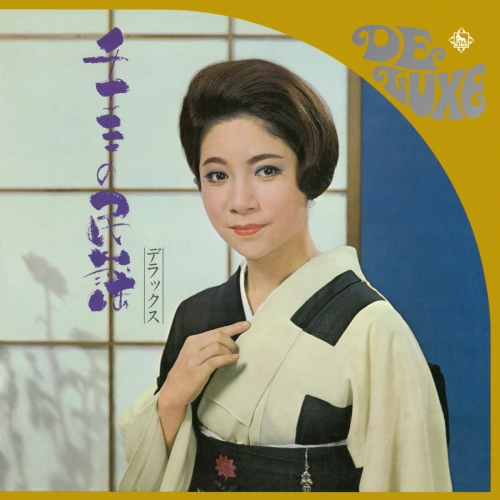

![Various Artists - Lost Tracks: Accra to Addis (2026) [Hi-Res] Various Artists - Lost Tracks: Accra to Addis (2026) [Hi-Res]](https://img.israbox.com/img/2026-02/26/lqvyrzr9f9yed5j0r3zv7c1r6.jpg)
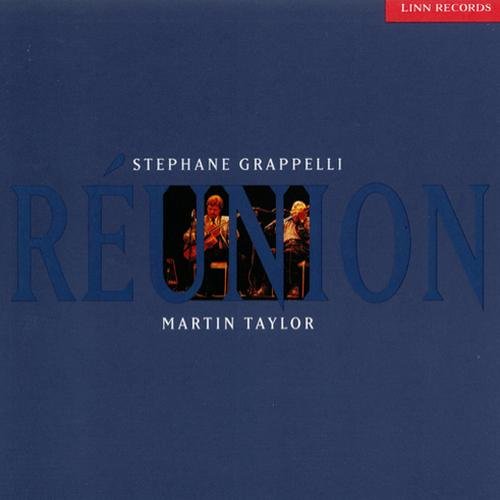
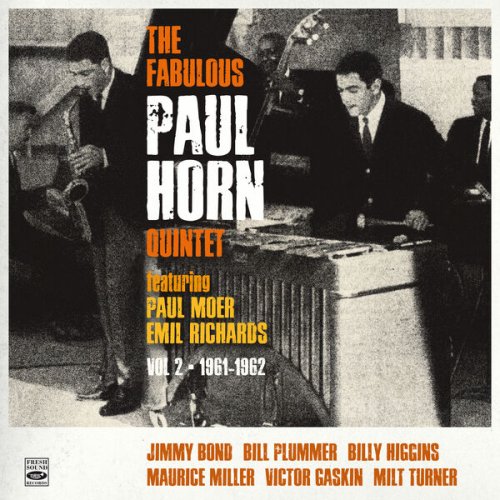
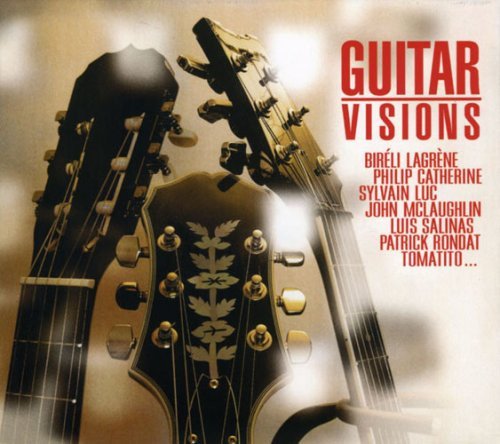
![Mehmet Ali Sanlikol - The Electric Oud Man Speaks and You Listen... (2026) [Hi-Res] Mehmet Ali Sanlikol - The Electric Oud Man Speaks and You Listen... (2026) [Hi-Res]](https://img.israbox.com/img/2026-02/28/0areq907i6p8nj96306jai1a0.jpg)